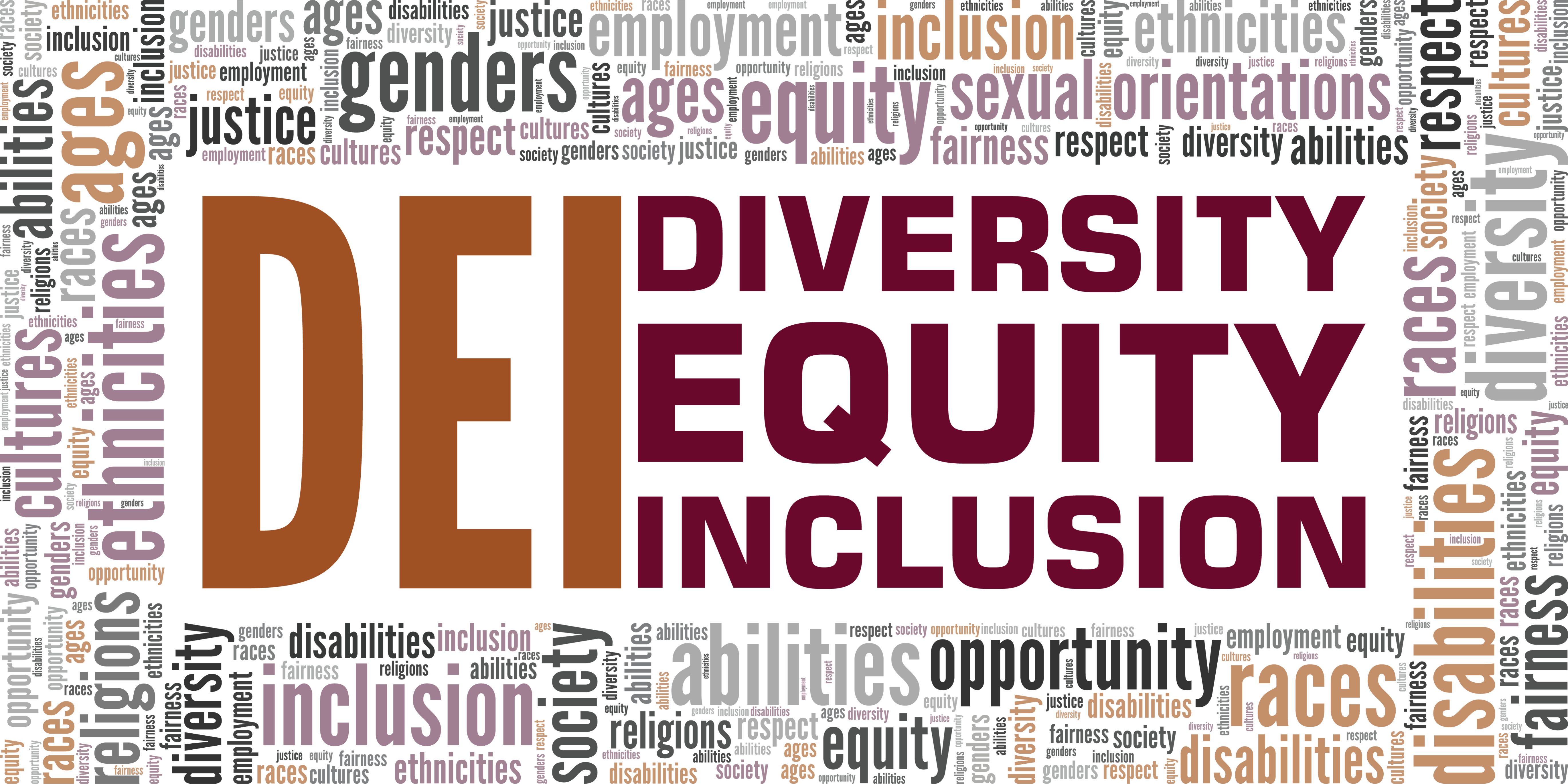A very happy time of life for most couples is the birth or adoption of a child. Along with this life event come parental rights, where biological or adoptive parents are granted the legal and physical custody of their child, with the ability to make important decisions and take actions on their behalf to ensure their well-being. Yet, these rights do vary from state to state, and in a court of law, they are interpreted through the lens of the child’s best interest. But just as there are unique challenges of an LGBTQ divorce, so too are there nuances to LGBTQ adoption and parental rights. A recent same-sex female divorce court case brought this to light, making a case for both members of a same-sex couple to adopt their children legally. 
Parental Rights for LGBTQ Couples
Since 2002, long before the right to marry, same-sex couples in PA have had adoption rights. In an adoption, both parties receive parental rights. Beyond adoption, other common ways for LGBTQ couples to become parents are:
- In Vitro Fertilizations (IVF)/Intrauterine Insemination (IUI) – for same-sex female couples, one partner opts to carry the child through pregnancy, making her the mother/biological parent using donated sperm
- Surrogacy – by using a gestational surrogate, one partner can be genetically related to their child(ren) by donating sperm or eggs
- Children from a previous marriage – one partner is a biological adoptive parent
In each of these examples, one partner is a parent with parental rights. Surrogates, egg and sperm donors typically do not retain parental rights to the child and would not be included on the child’s birth certificate. Rather, the couple should obtain a pre- or post-birth order to ensure both of their names are on the birth certificate. When children from a previous marriage are now being parented by a same-sex couple, it’s likely a custody order is in place and unlikely the non-related partner will have parental rights to that child. However, a second-parent adoption may be a possibility in some limited instances.
The Case for Second-Parent Adoption
Second-parent adoption should be considered for any of the paths to parenthood outlined above. While most LGBTQ couples are lovingly raising their child(ren) together, and second-parent adoption seems unnecessary, what happens should the relationship end in divorce or separation?
 Consider a February 2023 court decision in Oklahoma where Kris Williams, a mom in a same-sex female marriage, lost parental rights of her child to her estranged wife and their sperm donor. The couple conceived their child through a “Known Sperm Donor Agreement,” married in June 2019 and had their son in August 2019. Both mothers’ names are on the child’s birth certificate, yet Williams didn’t adopt the child because their relationship “felt safe.” In November 2021, the couple separated. The biological mother obtained a Victim Protective Order against Williams, and the “Known Sperm Donor” filed a Petition for Adjudication of Paternity and Establishment of Custody and Visitation in January 2022. He and the biological mother are now in a relationship and have a second child together.
Consider a February 2023 court decision in Oklahoma where Kris Williams, a mom in a same-sex female marriage, lost parental rights of her child to her estranged wife and their sperm donor. The couple conceived their child through a “Known Sperm Donor Agreement,” married in June 2019 and had their son in August 2019. Both mothers’ names are on the child’s birth certificate, yet Williams didn’t adopt the child because their relationship “felt safe.” In November 2021, the couple separated. The biological mother obtained a Victim Protective Order against Williams, and the “Known Sperm Donor” filed a Petition for Adjudication of Paternity and Establishment of Custody and Visitation in January 2022. He and the biological mother are now in a relationship and have a second child together.
In her decision, the Oklahoma judge addressed second-parent adoption, saying, “the reality is that the law provides a legal remedy available to Williams… she knowingly chose not to pursue it.” Additionally, the judge ruled “that the Oklahoma law that gives married couples automatic parental rights over any child born during the union does not apply to Williams, because the protection was enacted prior to same-sex marriage being legalized in the state.”
Williams and her attorney are appealing the ruling, noting “The Supreme Court of the United States has stated that it is unconstitutional to hold same-sex couples to different standards than opposite-sex couples.” While the factual background of this case is certainly unique, the underlying dangers of not having adopted are not.
Should you get a second-parent adoption?
Whether you are in a heterosexual relationship or a member of the LGBTQ community and are parenting children with a partner, second-parent adoption is a smart thing to do. As is demonstrated by the Oklahoma case, marriage is no safe haven for parental rights. Unless you are biologically related to your child, adoption is the only legal way to ensure your parental rights are protected.
Ultimately, second-parent adoption provides protections in life situations like:
- Death – should your partner, the biological parent of your child, pass away, your parental rights are secure and unchallenged
- Moving or traveling abroad – ensure you have the ability to make medical decisions for your child, being recognized as a legal parent in any country
- Divorce – sure, you’ll need to negotiate child custody arrangements, but at least you can avoid losing the rights to see your child, like in the Oklahoma case
Even if you’re in a strong relationship or marriage, please consider contacting a member of our Family Law team to protect your parental rights and prevent future heartache and uncertainty.









